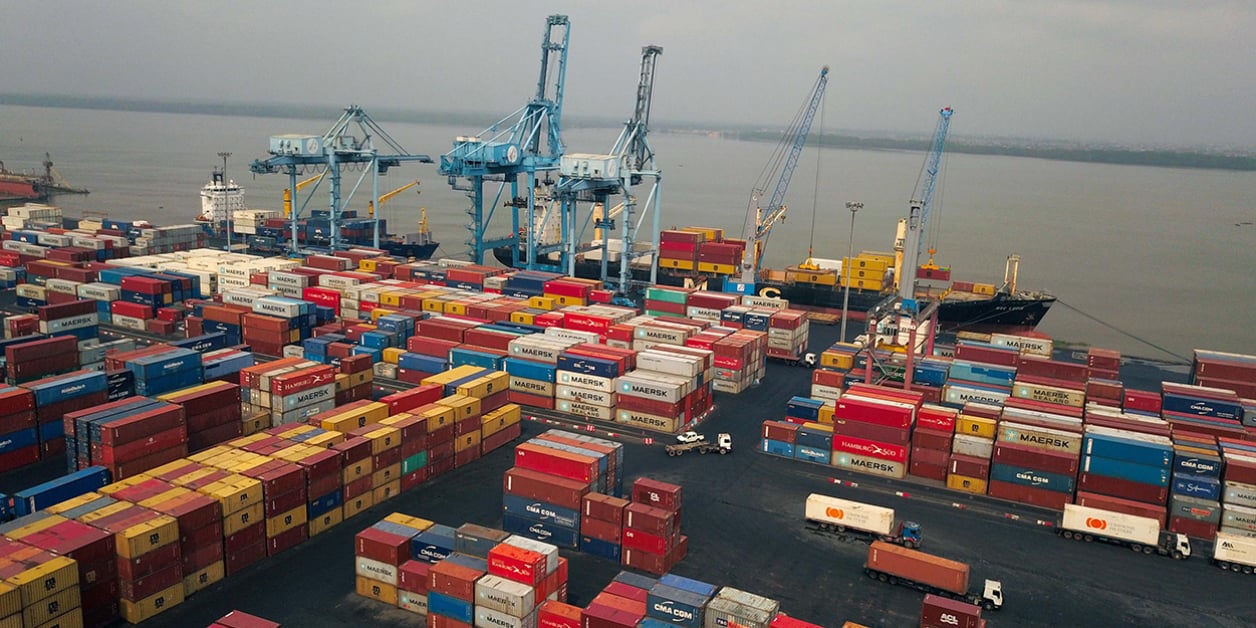
- By trasef
- juin 27, 2023
- 0 Comments
We Opening New Branch
Here are the nine key factors we considered when developing our plan to grow the business and attract the professional landscaper within Central African sub region – CEMAC.
- Full-line distributors may “open up” a new dealer near you anyway. Growth minded distributors are on the hunt to also get new points of trade to carry their product line, and by doing so, it would not be unusual they are recruiting dealers to swap out or add competing products in your local territory. Exclusivity of suppliers in geographies rarely exists, so if you have a healthy wholesale and parts revenue with one manufacturer, you need to know if new, or repeat business will be effected if your nearest local dealer decides to carry the same product line.
- Better financing terms with your distributor. Volume speaks loudly, and the more you sell, the better the financing terms. This aids in increasing the margin, coupled that you can use one of your stores as the central “ship-to,” and act like your own supplier model across the rest of your branches. This centralized model increases efficiencies on inventory management to drive greater margins.
- Convenience for customers is key. Generally speaking, landscaper’s trade area can vary greatly, but one thing is constant: travel. Crews are constantly on the road and if the product breaks, so does their daily revenue. Having a “network” of preferred branches in their area with solid same day, break fix service can get them back out and finishing the job. This basic principle, while obvious, creates customer loyalty and satisfaction. If you don’t have another convenient branch location, then you run the risk they go a competing dealer as the last dealer visit wins their pocketbook, and their commitment.
- Know what area to consider when opening a new branch. Multi-branch dealers obviously had to start somewhere, and it’s easy to see how their expansion grew – usually from the “center” out. This is usually a bi-product of human behavior (i.e. distance between owner’s home and first dealer location). But using advanced analytics to determine the most fruitful location is what big box stores use. Unfortunately, independent dealers are not aware that these technical tools do exist so they can make sound choices of where the market growth is declining, and growing. There is an old adage that states that demand already exists in a market, but it can only be fulfilled when there is a point of trade. This is the opposite camp that believes if we open up a new store, we have to create the demand. Maybe the truth lies somewhere in between, but advanced analytics arms you with more evidence then guessing. Clearly Lowes and Home Depot know the near perfect spots.
- Product to service ratios: Servicing products either ad hoc (mostly break fix) or planned (mostly off season tune ups) is important to keeping the lights on, and drive incremental margins as a profit center. But, to service more, you need to sell more. Without a new location selling the merchandize, the pipeline of future service at one location can only grow as fast as your last product sale lifecycle. Having a new branch creates tremendous opportunity to keep the tech bench busy, and the opportunity to cross sell new products with increased foot traffic.
- Don’t worry so much about the Big Box Stores. Yes, they are the giants for volume of lawn and garden equipment, but your customer is not their customer. There is a reason why someone drives by one of the big boxes and heads into your store. And there is a reason why they shop there. Often, it is not the same customer, or even the same type of customer. Focusing on your strength, which usually is product knowledge and service expertise is the difference. We conducted a survey with landscapers recently, and this could never be truer. Wouldn’t you just love to see the face of the buyer going back into Home Depot looking for service, only to find the paint sales clerk provide a blank stare?
- Maybe you already maxed out your current market penetration. Here again is where analytics can help you get greater visibility into your current market. If there is plenty of more room to grow, then double down and drive more traffic. This would increase margins with consistent OH and COGs already sunk into the business. However, if the market is saturated, then it is time to consider expansion. See #4 to determine where it makes sense to reinvest in the business.
- Landscapers can move around a lot. Crew leaders and foreman can switch jobs, but that doesn’t mean you lose a landscaping account. It just means you can maintain, and even expand your business because you have a relationship with them – the important buyer or influencer that has been into your dealership before.
- You know the buyer’s info. Big Box? Not so much: Your POS systems and supporting analytics are very powerful to leverage. Lawn and Landscape dealers have the advantage of knowing the customer’s information whereas big box has anonymous not attributed data. This is why they try so desperately to add loyalty promotions to their customer upselling. But with your transactional data, it is possible to predict next likely purchase, which accessories + products should be merchandized together to increase bundles and revenue, and furthermore, when to drive service revenue off season to spread out the technician workload to offset the variable labor concerns facing most lawn and landscaping dealers.
Leave a comment